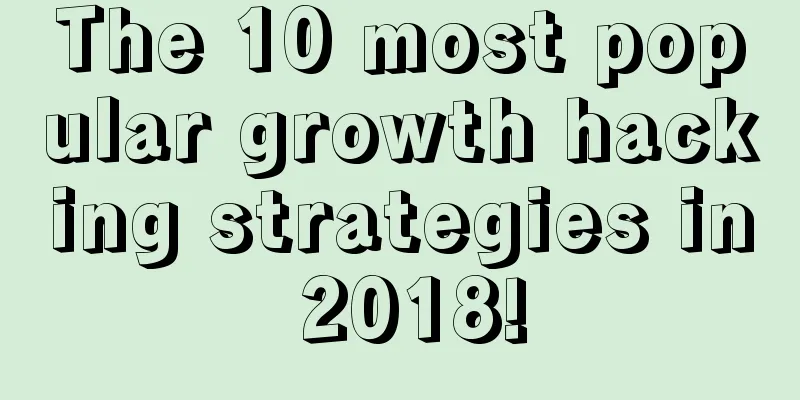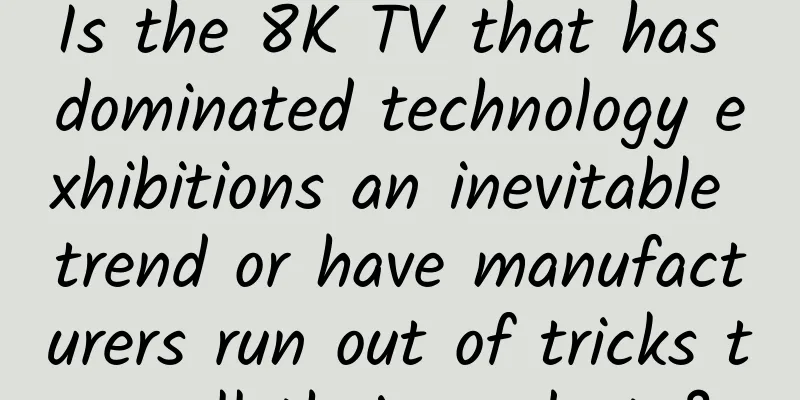Who should get the "fourth shot" of the vaccine? What vaccine should be given as the "fourth shot"? Expert answers

|
Who should get the "fourth shot" of the vaccine? How to get it? ——Experts from the Joint Prevention and Control Mechanism of the State Council answer hot issues on epidemic prevention Recently, the Comprehensive Group of the Joint Prevention and Control Mechanism of the State Council issued a plan to deploy the second dose of booster vaccination. Who should get the "fourth shot" of the vaccine? What vaccine should be given as the "fourth shot"? Experts from the Joint Prevention and Control Mechanism of the State Council answered questions about hot social concerns. Question 1: Who should receive the second dose of booster vaccination? Answer: At this stage, high-risk groups such as the elderly continue to face the risk of infection, and vaccination is an important measure and means of epidemic prevention and control. In order to better protect the physical health and life safety of the people, according to the development of vaccines and the approval of emergency use, people at high risk of infection, people over 60 years old, people with serious underlying diseases and people with low immunity can receive the second dose of booster vaccination 6 months after completing the first dose of booster vaccination. Question 2: What is the purpose of booster vaccinations now? Answer: The protective effects after vaccination with the new coronavirus vaccine mainly include: the production of antibodies, cellular immunity, and immune memory. After vaccination, antibody levels will decrease over time. In addition, as the virus mutates, immune escape is also increasing, which weakens the effect of antibodies. However, cellular immunity plays a more lasting role in preventing severe illness and death. Studies have shown that booster shots can awaken the body's immune memory cells and increase antibody levels, further consolidating the prevention of severe illness and death. As long as they meet the vaccination conditions, those who have not completed the booster shot should complete the booster shot as soon as possible according to the immunization program to achieve better protection. Question 3: Which vaccines can be used for the second booster dose? A: All 13 vaccines that have been approved for conditional marketing or emergency use can be used for the second booster dose. Sequential booster doses or vaccines containing Omicron strains or with good cross immunity to Omicron strains are recommended. Sequential booster immunization refers to heterologous booster immunization using vaccines of different technical routes. If three doses of inactivated vaccine have been administered in the early stage, any of the recombinant protein vaccine, adenovirus vector vaccine or influenza virus vector vaccine can be selected for the second booster immunization, which is also the recommended vaccination combination listed by the state. Question 4: How safe is vaccination? Answer: The Chinese Center for Disease Control and Prevention has conducted adverse reaction monitoring on more than 3.4 billion doses administered in more than 1.3 billion people in my country and found that the incidence rate of adverse reactions to my country's new coronavirus vaccine is comparable to that of some other vaccines administered throughout the year, and the incidence rate of adverse reactions in the elderly is slightly lower than that in young people. For the elderly, the "Work Plan for Strengthening COVID-19 Vaccination for the Elderly" specifies four contraindications to vaccination. Chronic diseases such as diabetes and hypertension can be vaccinated against COVID-19 if they are in a stable stage. Question 5: Can a second dose of booster vaccination be given if a positive test result is tested? Answer: According to the current technical guidelines for COVID-19 vaccination, if a person is confirmed to be infected with the COVID-19, the time between infection and COVID-19 vaccination should be at least 6 months. At present, the immune protection generated by infection alone is not as strong as the combined immunity generated by infection and vaccination. If the interval between vaccinations is met, a second dose of booster vaccination is recommended. Source: Xinhua News Agency The cover image and the images in this article are from the copyright library Reproduction of image content is not authorized |
Recommend
What else do banks do besides lending my money and making money?
The 2022 Nobel Prize in Economics was awarded to ...
Good copywriters should be like Kevin Tsai
Kevin Tsai is praised as the best talker in the w...
Sneak peek at the 618 e-commerce report: advertising increased by about 55% month-on-month, and major information flows have creative pictures!
For online shoppers, there are two opportunities ...
Do ruminants have fewer stomach problems than humans?
I saw a very interesting question today and I wou...
International Museum Day | Is visiting a museum tiring? Here are some tips for you!
Today is International Museum Day. Have you visit...
China Passenger Car Association: In-depth analysis report on the national passenger car market in October 2021
This article is an authoritative in-depth market ...
User operation: 20% life-saving, 30% winning, 50% leap
"Live streaming with goods" is undoubte...
How to make the dynamic links of a website static?
As an SEO website optimizer (newbie), I often enc...
China's Xiaomi surpasses Apple to become world's second largest smartphone market
Xiaomi now has a 17% share of global smartphone s...
What are the most failed projects of 10 Internet giants including Lei Jun, Zhang Xiaolong, and Zhou Hongyi?
Who hasn’t fallen on the road to entrepreneurship...
Xiaomi deserves a valuation of more than $40 billion
Xiaomi recently completed its fifth round of fina...
Watch the full episodes of Douluo Dalu animation for free, and watch the Douluo Dalu animation movie in high definition online!
Descending Ascending Douluo Continent Season 1 Ep...
The evolution of web-based "application jump" technology
Due to the convenience of web communication, almo...
How to follow the hot topics in March? All the creative inspiration is here!
Although there have been some minor twists and tu...
Those years, the rosy dreams our parents painted for us might be harmful…
Before the exam, many parents will make such prom...









